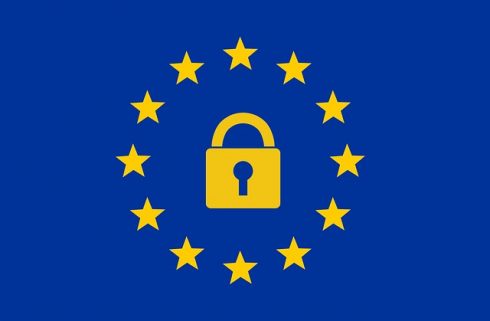
As the European Union’s General Protection Data Regulation celebrates its one year anniversary this weekend, Microsoft is calling out the US and other nations for not passing their own national legislations.
According to Microsoft, no matter how many individual companies pass their own privacy laws on how people interact with and use technology every day, it is not enough. “Now, it’s Congress’ turn to adopt a new framework that reflects the changing understanding of the right to privacy in the United States and around the world. Like GDPR, this framework should uphold the fundamental right to privacy through rules that give people control over their data and require greater accountability and transparency in how companies use the personal information they collect,”Julie Brill, corporate vice president and deputy general counsel for Microsoft, wrote in a blog post.
RELATED CONTENT: It’s time for data privacy legislation
California has taken its own action in regards to privacy protection with its California Consumer Privacy Act (CCPA) expected to go into effect January of next year. Microsoft believes CCPA is a good stepping stone for federal legislation, but that it needs to go a step further to ensure all companies “act as responsible stewards of consumers’ personal data.”
“This is important because the prevailing opt-in/opt-out privacy model in the United States forces consumers to make a decision for every website and online service they visit. This places an unreasonable—and unworkable—burden on individuals. Strong federal privacy should not only empower consumers to control their data, it also should place accountability obligations on the companies that collect and use sensitive personal information,” Brill wrote.
Additionally, Brill went on to say that federal legislation should work with the GDPR to reduce complexity and ensure compliance. Businesses should not have to build different systems to meet different requirements when it comes to privacy protection globally, Brill explained.
“The driving force behind the global movement to modernize privacy laws is the new understanding people have of their right to privacy as technology changes how people create and share information,” Brill wrote. “Around the world, there is a growing expectation that everyone should benefit from digital technology without losing control of their personal information.






